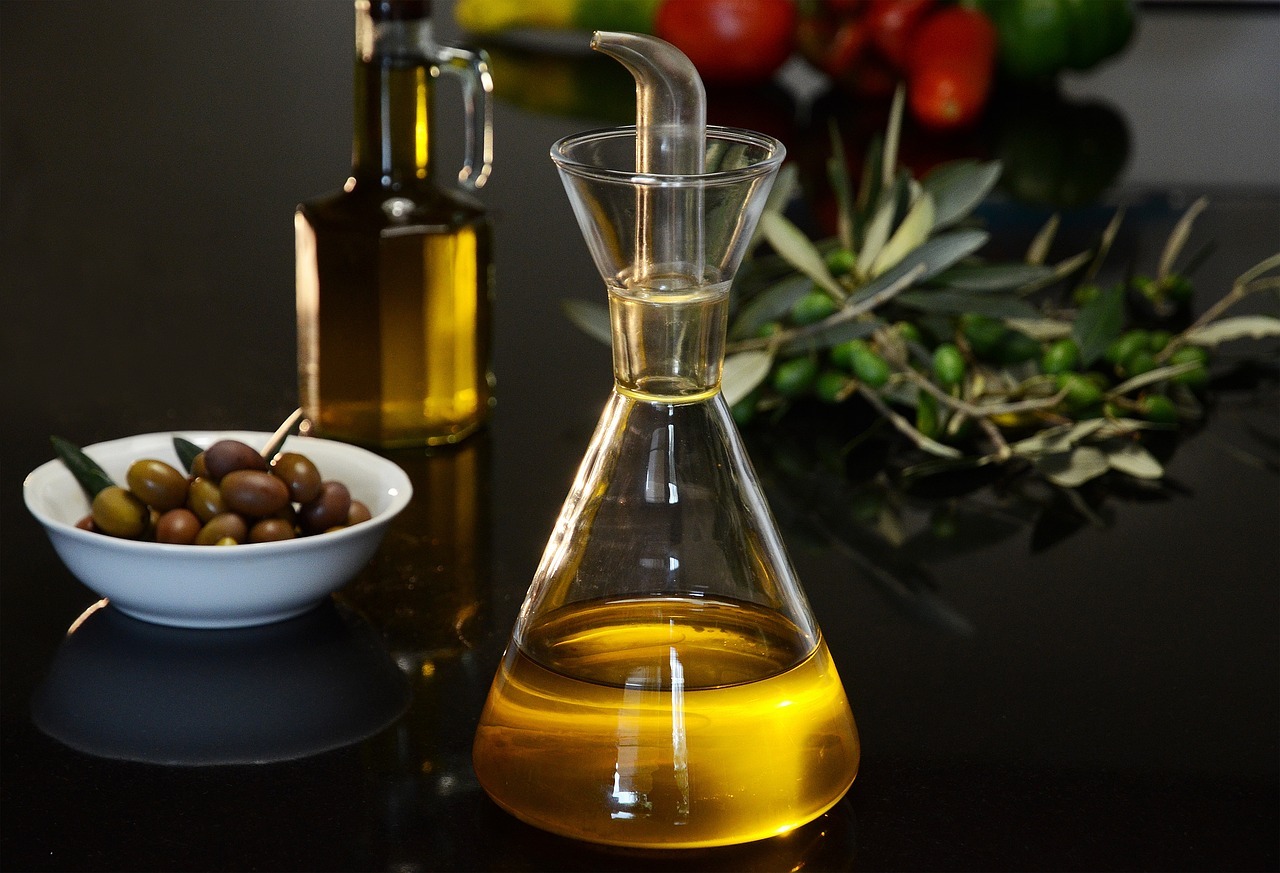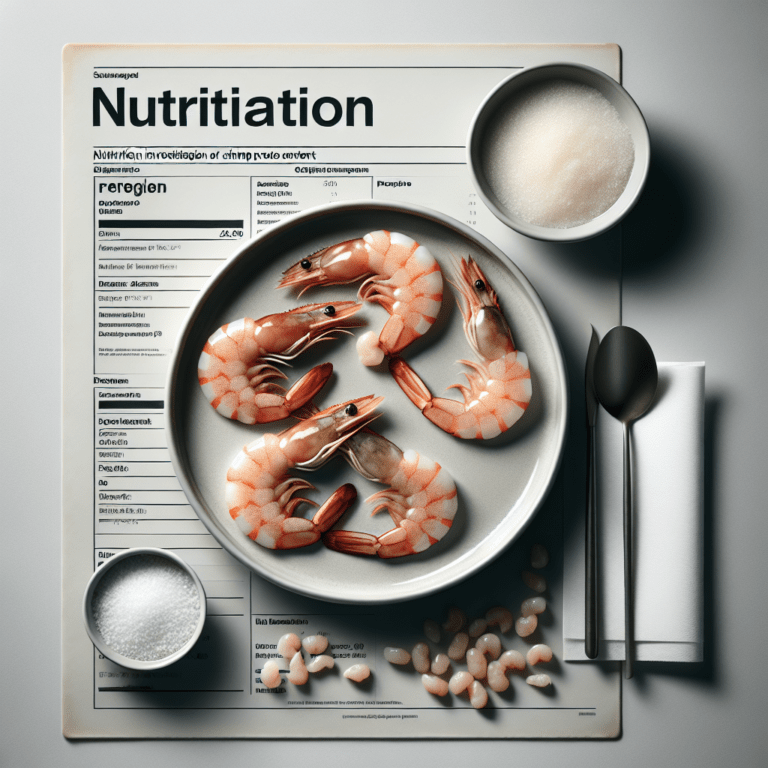When I hear “healthy diet,” my mind immediately speeds to images of bland lettuce leaves, just a sprinkle of carrot, and, oh, the infinity of calorie counting! Ugh, it’s nothing short of a headache. And let’s not even mention those ridiculously expensive “magic” diets that promise unicorns and fairy tales, only to gobble up half of your grocery money. Been there, seen it, and well, stumbled right into the Mediterranean diet—it was like finding an old friend at a crowded party. It seemed less like a diet and more like a way of life, bursting with color and simplicity, much like a beloved Oscar winner. Seriously, what makes it the world’s healthiest diet? I’m genuinely curious and a tad skeptical, but still eager to uncover the mystery.
Now, my first brush with the Mediterranean revelry wasn’t through some doctor’s orders or an elusive health clique. Nope, I tumbled into it quite by mistake during a dreamy summer on Italy’s divine coasts. Picture this: an azure sea spreading its arms open and the world painted in colors only nature can manage. But, oh dear reader, it was the food—simple, honest, and stunning—that had me weak in the knees. Little did I know, I was living the Mediterranean diet in its purest form.
Unpacking Simplicities and Discoveries
So, let me try to give you the big picture from my rather ordinary eyes. Here’s the thing about the Mediterranean diet: it’s far from a tiresome rule book and more of a calming, reliable path celebrating simplicity and age-old traditions. Fruits, veggies, whole grains, nuts, and trusty olive oil were regular guests at meals bursting with joy and laughter. Forget about counting carbs or tracking fats. It was all about real food, prepared with love, and shared with even more love.
Then there was Nonna (seriously, I couldn’t call her anything else but the sweet grandma nickname!). At her spry age of 80-something, she packed more energy than I, a *cough* thirty-something, could ever dream of. Nonna could whip up dishes from memory, using locally grown goodies, painting meals with colors and flavors that simply breathed health. No fuss, no quick-fix nonsense, just food telling its timeless tales, steeped in culture and legacy.
The Core: What Makes It Tick
In something reminiscent of Alice’s curious journey, the Mediterranean diet invites you to fill your plate not just with food, but with life. Meals were slow, leisurely symphonies, each bite enjoyed, not just consumed. Living felt vibrant, painted with broad, joyful strokes, not the frantic pencil sketches we often find ourselves trapped in.
Olive oil took center stage, a delightful guest who just blended perfectly into the mix. With its splendid monounsaturated fats, olive oil didn’t just fuel engines—it breathed life into the entire scene. Its golden presence mixed into salads, embraced bread, and twirled delicately with pasta. Even now, a bottle of olive oil induces a grin, recalling those golden evenings as Nonna chatted about olive harvests with the warmth of someone cradling a fragment of sunshine.
The plates brimmed with vibrant veggies and herbs, bursting with life and adding a comforting familiarity—a delightful dance of tomatoes, garlic, oregano, and basil. The seafood, oh the seafood! A reassuring star on the plates, creating stories with every meal. For me, it was a heartfelt embrace, celebrating life’s bounty without stealing any years away.
All About Balance: Myth or Reality
Balance is that elusive word often tossed around in diet circles. Yet in the Mediterranean approach, it bloomed into a genuine reality. It didn’t play favorites with foods or hurl others under the bus. No, it invited cheerful moderation. Speaking as someone familiar with salads of self-judgment and desserts of excess, this was nothing short of a revelation. A kind of healing, really.
Roaming through a market where tomatoes flaunted their quirky shapes and olives glimmered like emeralds filled me with childlike wonder. It wasn’t some fancy restaurant packed with empty promises, but rather earth speaking through the hands of farmers eager to share their treasures.
This diet swirled with community and connection. It wasn’t about restricting or showing off, but about celebrating food in its pure form. In the Mediterranean world, food isn’t just fuel—it’s memory, identity, and pure joy.

No Alone Is Best: Community Is Key
As I wandered those sun-dappled paths, an undeniable thread of community threaded through it all. Traditions gathered families and even strangers around hearty tables where laughter flowed freely with wine. Here, food didn’t just sustain; it wove stories on cobblestones under our feet.
Seated around those generous tables, community was key. No isolated tables or lonely high stools; communal seating reigned, as if meals needed an audience to truly savor.
It was a gentle reminder that the joy of eating taps into our deep need for connection—something no superfood could ever hope to replace.
The Science Behind the Olive-Drizzled Curtain
But hey, I needed more than just my whimsical wonderings to believe. So, I dived headfirst into the research backing this up—a reality solid as the Roman Coliseum. Study after study chimed in, showing links between this diet and reduced risks of heart illness, strokes, and chronic ailments. A tasty slice of evidence for the skeptics looking for proof as palpable as pasta al dente.
Science celebrated the dance of healthy fats, cheerful sips of wine, fish gracing plates, and kinder, less prominent appearances of red meats. It was beyond coincidence; it was a health-conscious waltz of nature’s bounty.
Eating to Live, Not Living to Eat
Even if I wasn’t a dietary saint (pro-tip: I highly recommend croissants!), I noticed a gentle, comforting shift in my own tastes. Dining Mediterranean style reshaped my senses with its humble nod of gratitude. There was lightness, beyond mere calorie caution, embracing a respect for hunger *and* satisfaction. Not restrictive, just liberating with flavors and options.
Back home, my heart brimmed with daily meals and cherished memories. Not once did I battle the eat-to-live, live-to-eat paradox. Instead, amidst laughter and life, I found a harmony that cherished indulgence without forsaking contentment.
Endings and New Beginnings
Mulling over this Mediterranean wonder-diet and its reputation, I returned not just convinced, but thoroughly inspired. The elements felt known, available, and purposeful, wrapped in simplicity and joy long abandoned in modern diets. No forbidden list, just cultural joy, celebrated with every meal.
Those recipe books I carried like treasure? They weren’t just for show—they lingered around, not just for special occasions, but for the everyday alchemy of mundane and magic. Flipping through ‘em wasn’t just about food, but reliving sunlit Italian days, rich with love and laughter, lingered over like dessert’s second helping—for life is way too short to snack alone.
So, why the Mediterranean diet? Because we all need a reminder: in planning life’s masterpiece, simplicity, zest, and cherished togetherness are the hidden health gems we forget we need.
Here’s to all my future meals, may I pour olive oil with laughter in my eyes, and welcome others into my joyful garden of flavors, one enchanting meal at a time. 🌿






